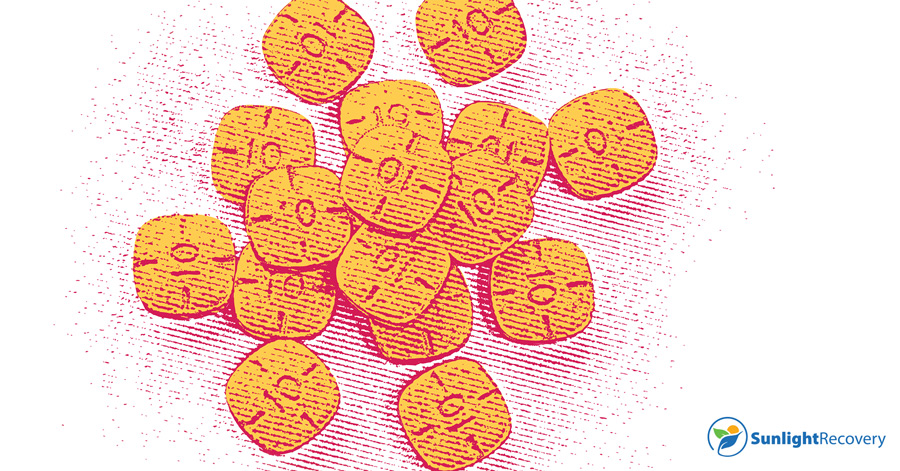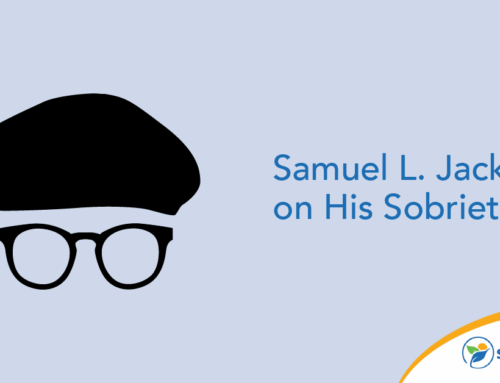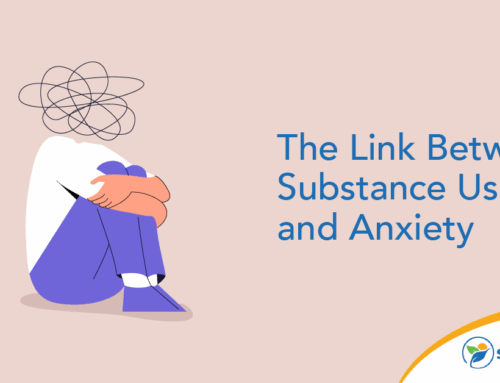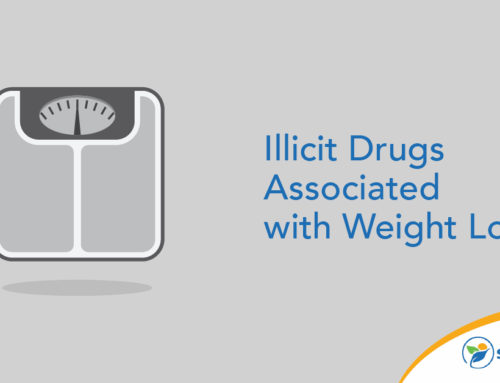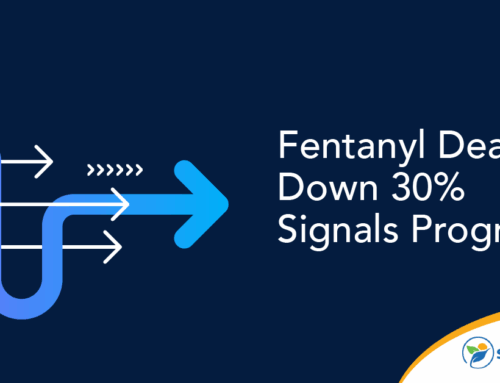Adderall is a powerful stimulant drug, typically prescribed to people with attention deficit hyperactivity disorder (ADHD) or narcolepsy. While it’s safe to consume as prescribed, Adderall unfortunately has a high potential for addiction and abuse, which can lead to an overdose or OD on Adderall.
An Adderall overdose occurs when someone takes too much of the medication, either all at once or over a period of time. Overdoses can also happen when someone takes the medicine without a prescription or combines it with other drugs or alcohol.
When taken in high doses, Adderall can cause various dangerous and potentially life-threatening effects. In this article, we’ll discuss the symptoms of an Adderall overdose and how to get help if you or someone you know has overdosed on the medication.
Why Adderall Is Abused and Its Effects
Adderall is prescribed to adults and children over the age of 6 who have ADHD or narcolepsy. But why might someone be compelled to use more Adderall?
Adderall works by increasing the levels of certain neurotransmitters, such as dopamine and norepinephrine, in the brain. The medication is often abused for its stimulant effects, which include increased alertness, energy, focus and concentration. Some individuals may use Adderall to improve their academic performance or to stay awake for long periods.
The highest reported substance abuse of Adderall was reported in 8th and 12th graders, who might be drawn to its stimulant effects due to academic pressure. Research also found that 7%-33% of students abused Adderall during college.
Individuals also commonly abuse Adderall to lose weight because the medicine has a side effect of decreased appetite. However, taking unprescribed psychostimulants such as Adderall can lead to a cycle of abuse, as individuals may take increasing doses to achieve the same effects.
Is Adderall Physically Addictive?
People who take Adderall can become physically and psychologically dependent on the drug and may experience withdrawal symptoms if they stop taking it abruptly.
Being addicted to Adderall can feel like a roller coaster ride. On the one hand, it can make you feel focused, energized and productive; on the other, it can make you feel anxious, irritable and even depressed. Adderall addiction can lead to serious physical and psychological health problems. Quitting Adderall can be difficult, so if you’re addicted to Adderall, it’s important to seek professional help for recovery.
What Is an Adderall Overdose?
So, can you overdose on Adderall? Yes, an Adderall overdose can occur when someone takes too much of the drug intentionally or accidentally. It can also happen when people mix Adderall with alcohol or other drugs.
However, Adderall abusers aren’t the only ones who tend to overdose on the drug. Even patients who are prescribed Adderall are at risk for OD if they consume higher doses than prescribed. In fact, 39% of the patients who died from an Adderall overdose were handed a prescription for the drug in the six months before the OD, and sadly, many of these deaths were suicides.
No, the effectiveness of Adderall doesn’t scale up with increasing doses. Taking higher doses of Adderall can lead to decreased efficacy and increased adverse side effects. The optimal dose of Adderall for an individual will vary based on factors such as age, weight, medical history and the underlying condition being treated. So it’s important to talk to your doctor about the right dosage for you.
Effects of Using More Than Prescribed
Taking a higher dose than prescribed can increase the risk of adverse effects, including heart problems, mental health issues and addiction. Additionally, taking Adderall in doses higher than prescribed can lead to a cycle of abuse and dependence, making it more difficult to stop using the drug. If you have concerns about the effectiveness of your Adderall dose, it’s recommended to speak with your health care provider.
If you’re wondering “Can I die from Adderall?” the answer is yes. In 2019, over 16,000 Americans died from overdosing on psychostimulants like Adderall. It’s important to remember that Adderall is a prescription medication and should only be taken as directed by a health care provider.
Symptoms of an Adderall overdose include:
- Hallucinations
- Increased heart rate
- Nausea/vomiting
- Tremors/seizures/convulsions
- Panic attacks
- Loss of consciousness
- Confusion
- Chest pains
- Hyperactivity
- Cardiac arrest
- Coma
If you’re concerned that you or someone you know may have overdosed on Adderall, it’s important to seek medical attention immediately.
What to Do If You’re Concerned You’ve Overdosed
Overdosing on Adderall can be serious and even life-threatening, and prompt medical intervention is necessary to minimize the risk of harm.
If you or someone you know has taken an excessive amount of Adderall, seek help by calling emergency services such as 911 or your local emergency number. If you’re with someone who’s overdosed on Adderall, it’s important to stay calm and to keep the person still and lying down, if possible, until medical help arrives.
If you’re struggling with substance abuse or addiction, it’s recommended to seek help from a doctor or mental health professional. They can help you find a treatment plan appropriate for your needs and provide you with the support you need to recover.
Addiction Center Treatment for Adderall Overdose
The degree of the addiction and the individual’s circumstances determine the treatment for an Adderall overdose at an addiction center. Generally, treatment may include medical detoxification, behavioral therapy, group and individual counseling, lifestyle changes and ongoing support. Medical detoxification helps manage withdrawal symptoms and safely remove the drugs from the body.
During behavioral therapy, patients are taught how to manage the addiction and develop coping skills to prevent relapse.
Group and individual counseling can provide education, support and accountability from peers and professionals. Lifestyle changes can help reduce cravings and improve self-care. Finally, ongoing support can provide resources and guidance to maintain recovery. Medication-assisted treatment (MAT) may also be available for those who need it.
No one should have to face addiction alone. If you or someone you know is struggling with Adderall addiction, reach out to our staff at Sunlight Recovery for a consultation.


